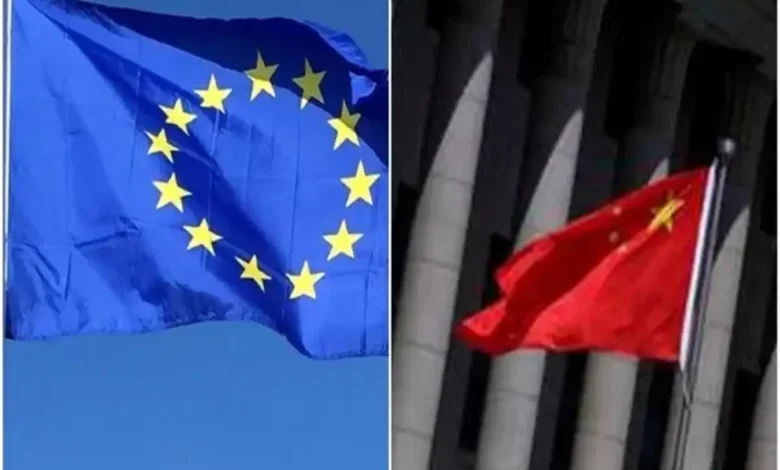EU Strikes Back at China’s Procurement Barriers with Ban on Medical Device Bids

In a bold escalation of trade tensions, the European Union has enacted sweeping restrictions that bar Chinese medical-device manufacturers from securing public procurement contracts exceeding €5 million (approximately $5.8 million).
This move, the first real-world deployment of Brussels’ International Procurement Instrument (IPI), strikes at the EU’s €150 billion healthcare market—where high-value contracts, though comprising just 4 percent of tenders by number, represent a massive 60 percent of total contract value.
Brussels justifies the ban as a necessary response to Beijing’s discriminatory procurement policies. Approximately 87–90 percent of Chinese public tenders for medical devices reportedly favor domestic suppliers, through certification obstacles, opaque requirements, or “Buy China” mandates.
Under the new regime, even approved bids in the EU must limit Chinese-origin inputs to no more than 50 percent—unless no viable alternatives are available.
Trade Commissioner Maroš Šefčovič framed the action as leveling the playing field: “Our aim… is to ensure reciprocal access for EU firms,” while reaffirming ongoing diplomatic engagement with China This measure mirrors prior EU steps targeting Chinese electric vehicles, solar panels, wind turbines—and predates a scheduled meeting at an EU–China summit in July aimed at easing tensions.
China’s response was swift and stern. The Foreign Ministry and Ministry of Commerce condemned the policy as protectionist and a violation of WTO principles.
They vowed to defend Chinese companies’ rights and urged Brussels to reverse course, warning that unilateral restrictions would complicate broader China–EU trade ties





